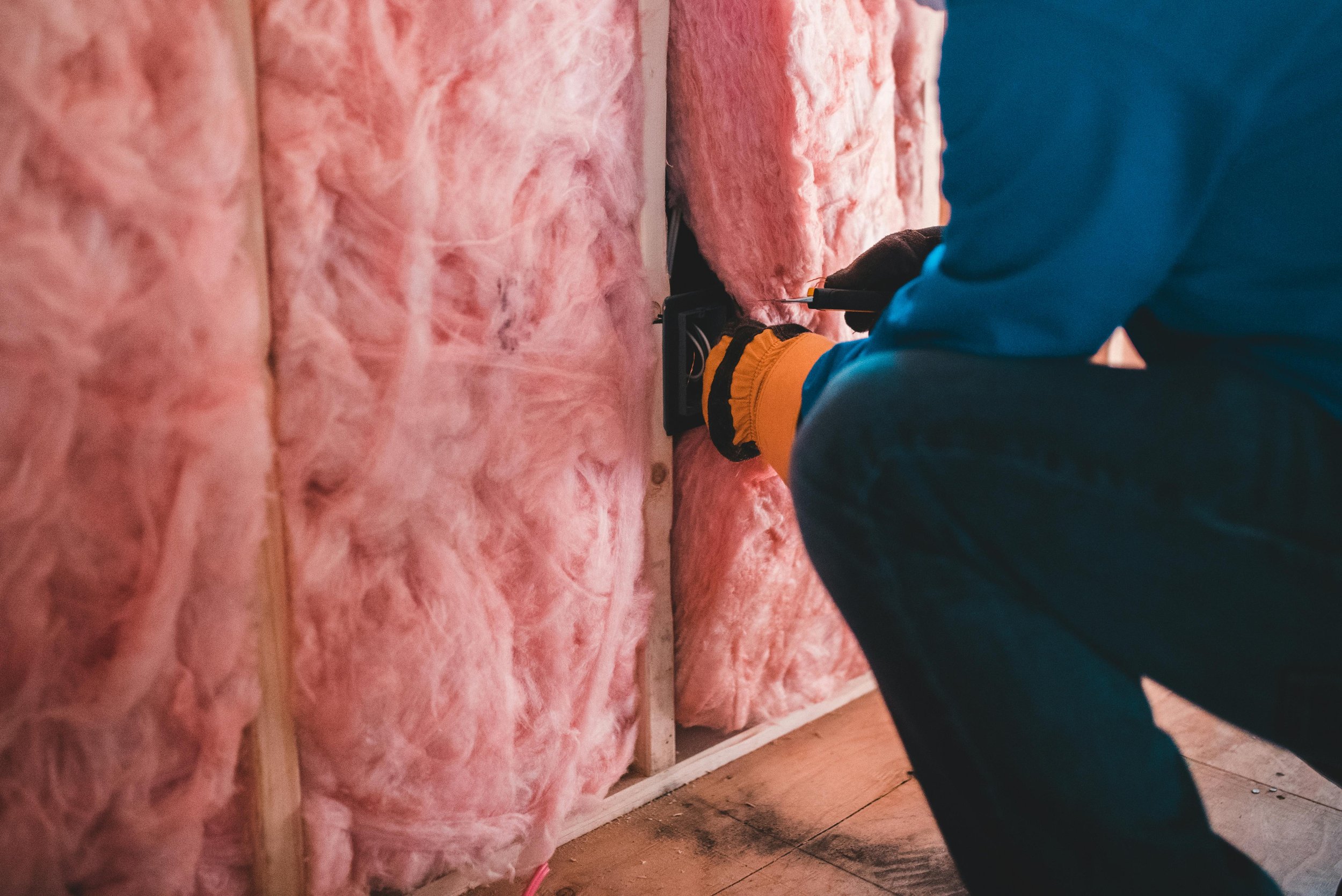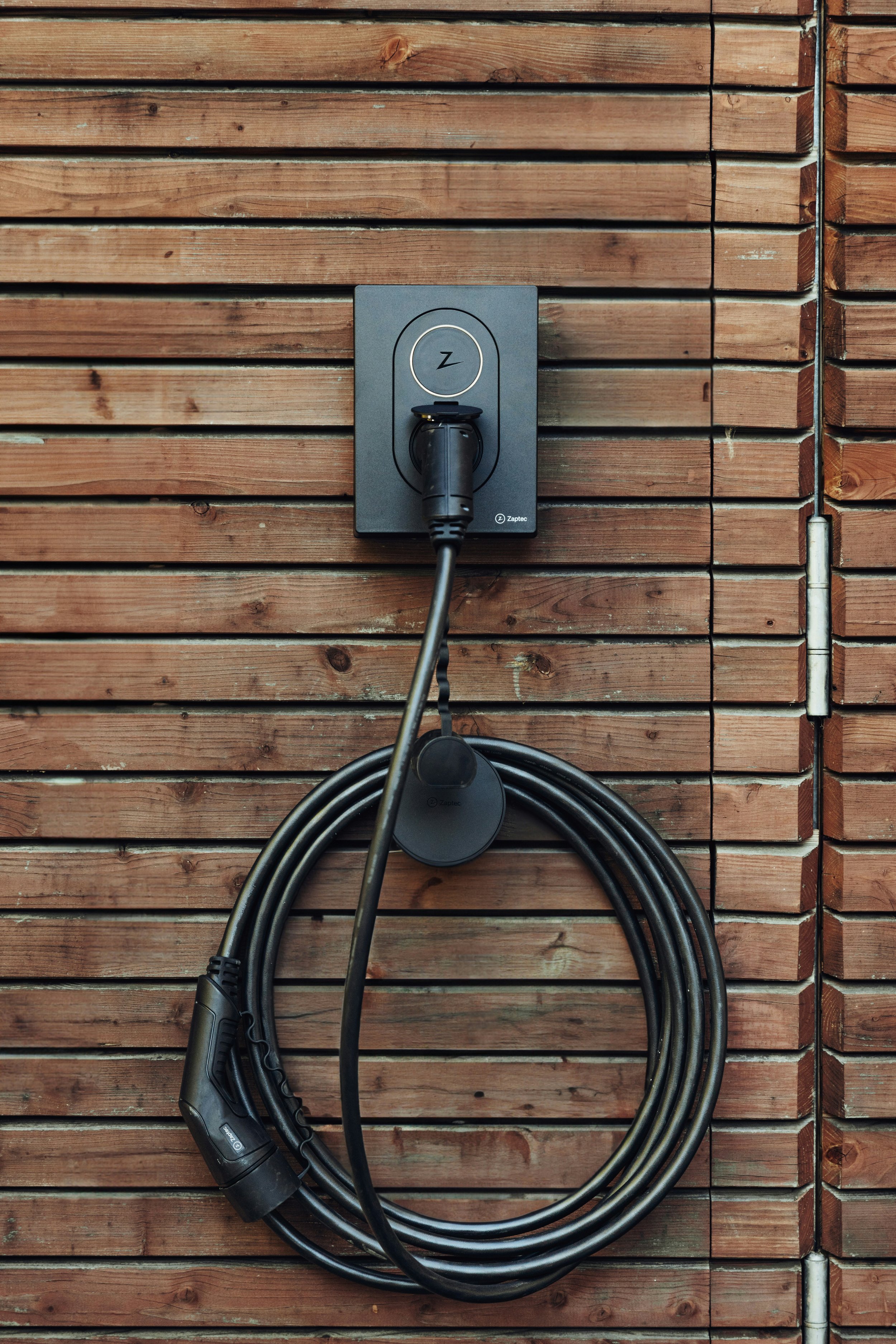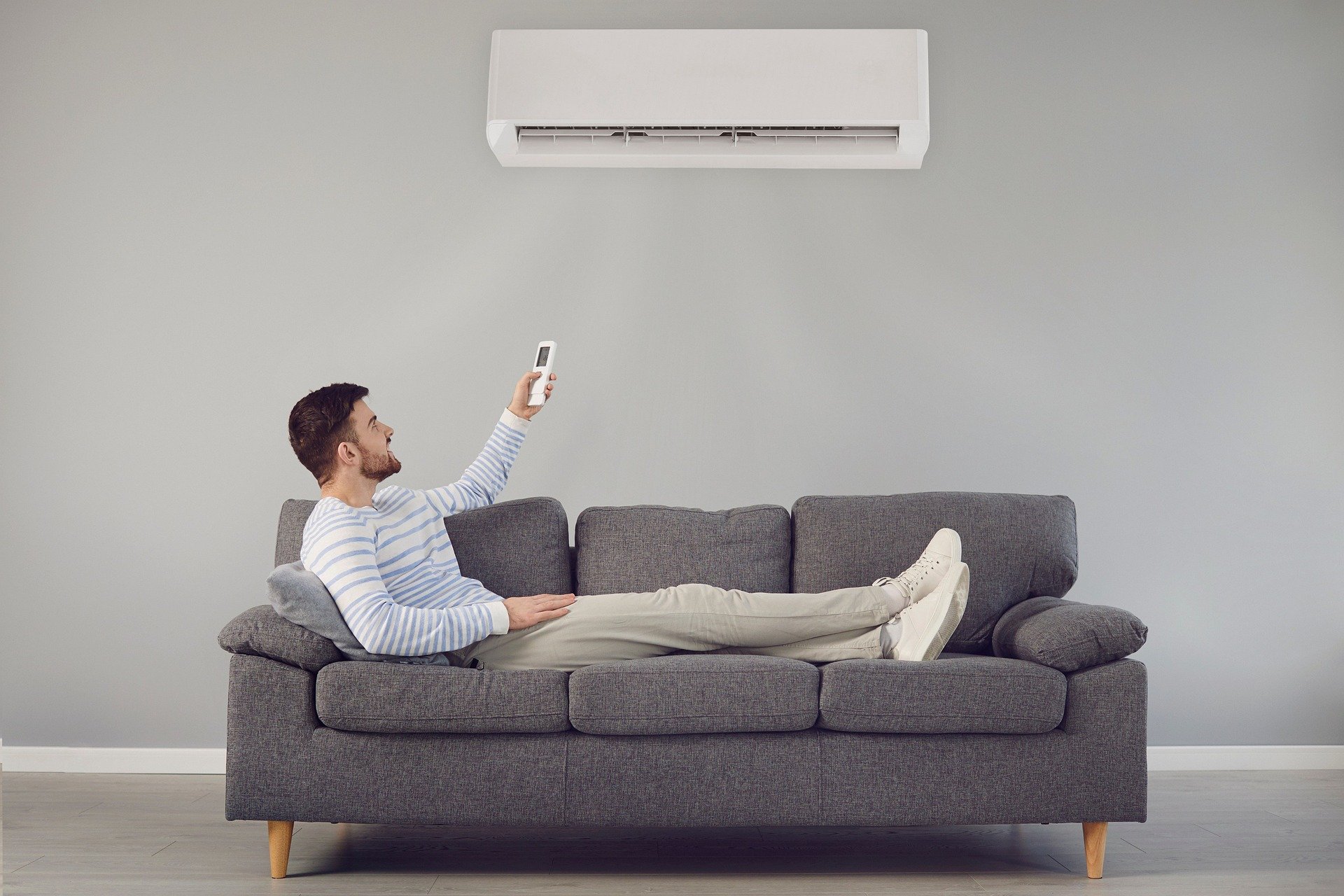How to Cut Your Energy Costs and Save Money
Discover practical tips and strategies to cut your energy costs and save money on your utility bills. Implement these changes to boost energy efficiency and reduce expenses in your home.
Key Takeaways:
Adopting energy-efficient habits can significantly reduce your energy bills.
Renewable energy sources are a sustainable alternative for homeowners.
Understanding your energy plan options ensures you get the best deal.
Small investments in technology can lead to long-term energy savings.
Introduction to Energy Efficiency
Energy efficiency is more important than ever. With rising energy costs, learning how to save on energy bills can make a big difference in your household budget. Fortunately, there are several straightforward ways to cut costs without sacrificing comfort. To get started, review your current energy plan and consider whether it offers the best rates and terms for your needs. Websites can help you compare various options, providing detailed insights into different energy plans that best suit your needs.
Why Energy Efficiency Matters
Implementing energy-efficient practices not only saves money but also helps the environment. Energy-efficient homes use less energy to perform the same tasks, reduce greenhouse gas emissions, and lower the demand for fossil fuels. Reducing your energy consumption contributes to a more sustainable and eco-friendly world. This is crucial as the more energy we use, the more power plants must generate, often leading to increased carbon emissions and environmental degradation.
Simple Ways to Save Energy at Home
There are many easy and cost-effective ways to increase energy efficiency in your home. One of the simplest methods is to switch out conventional incandescent light bulbs for LED bulbs, which use up to 85% less energy and last up to 25 times longer. Installing a programmable thermostat can also yield significant savings, allowing you to adjust your home's temperature according to your schedule. This means you are not heating or cooling an empty house, thus saving energy.
Another effective measure is to seal gaps around windows and doors to prevent heat loss. Drafts can cause your heating and cooling systems to work harder, increasing energy usage. Simple fixes like weather stripping and caulking can significantly mitigate this issue. Additionally, unplugging chargers and electronics when they're not in use might seem like a small action, but these devices draw power even when they're off, contributing to what is known as "phantom load."
Understanding Your Energy Plan Options
Not all energy plans are created equal. Comparing different plans can lead to significant savings. Plans vary by rates, contract length, and additional benefits. One option might offer lower rates but a more extended contract, while another might provide renewable energy options at a higher price. Review your options and choose a plan that fits your usage patterns and budget. Being well-informed about your energy plan choices enables you to select a plan that meets your financial requirements and suits your lifestyle.
Investing in Renewable Energy
Renewable energy sources like solar and wind can drastically reduce energy costs. While the initial investment can be high, the long-term savings and environmental benefits are substantial. Solar panels, for instance, have become more affordable and efficient in recent years, and many utility companies offer installation incentives. By generating your electricity, you reduce your reliance on the grid and can even sell excess power back to utility companies.
Many governments also offer tax incentives and rebates to help offset the initial cost, making investing in renewable energy more financially feasible. Besides the financial benefits, using renewable energy contributes to a cleaner environment. Traditional energy sources like coal and natural gas produce significant greenhouse gases. In contrast, solar and wind power generate clean energy without emissions.
Smart Technology for Energy Savings
Investing in smart home technology can help you monitor and reduce energy usage, making your home more efficient. Smart thermostats learn your schedule and automatically adjust your home's temperature, optimizing it for energy savings. Similarly, energy-efficient appliances, often labeled with the Energy Star rating, use less energy to perform their tasks without sacrificing performance.
Automated lighting systems are another great way to save energy. These systems can be programmed to turn lights off when a room is unoccupied, reducing unnecessary energy consumption. Many smart devices can be controlled remotely via smartphone apps, allowing you to manage your home's energy usage from anywhere. This added convenience ensures you are not wasting energy while away from home.
Long-Term Benefits of Energy Efficiency
Beyond the immediate financial savings, energy efficiency has long-term benefits. It can increase the value of your home, making it more attractive to potential buyers looking for energy-efficient features. As buyers become more environmentally conscious, energy-efficient homes become increasingly popular in the real estate market.
Additionally, energy-efficient appliances and systems tend to have a longer lifespan because they are designed to operate more efficiently and with less strain. This means you will spend less money on replacements and repairs over the years. Lastly, consistently adopting energy-efficient practices contributes to a healthier planet. Reducing energy consumption decreases the demand for fossil fuels, leading to fewer greenhouse gas emissions and a smaller carbon footprint.
Conclusion
Energy efficiency is a win-win for your wallet and the environment. Making simple changes and investing in innovative technology can significantly reduce energy costs and contribute to a more sustainable future. Always stay informed about your energy plan options and look for ways to improve efficiency in your home. Taking these steps will help you save money while positively impacting the planet. Implementing energy-efficient practices is both a responsible choice and a rewarding one. Start today, and you'll soon see the benefits in your energy bills and beyond.






